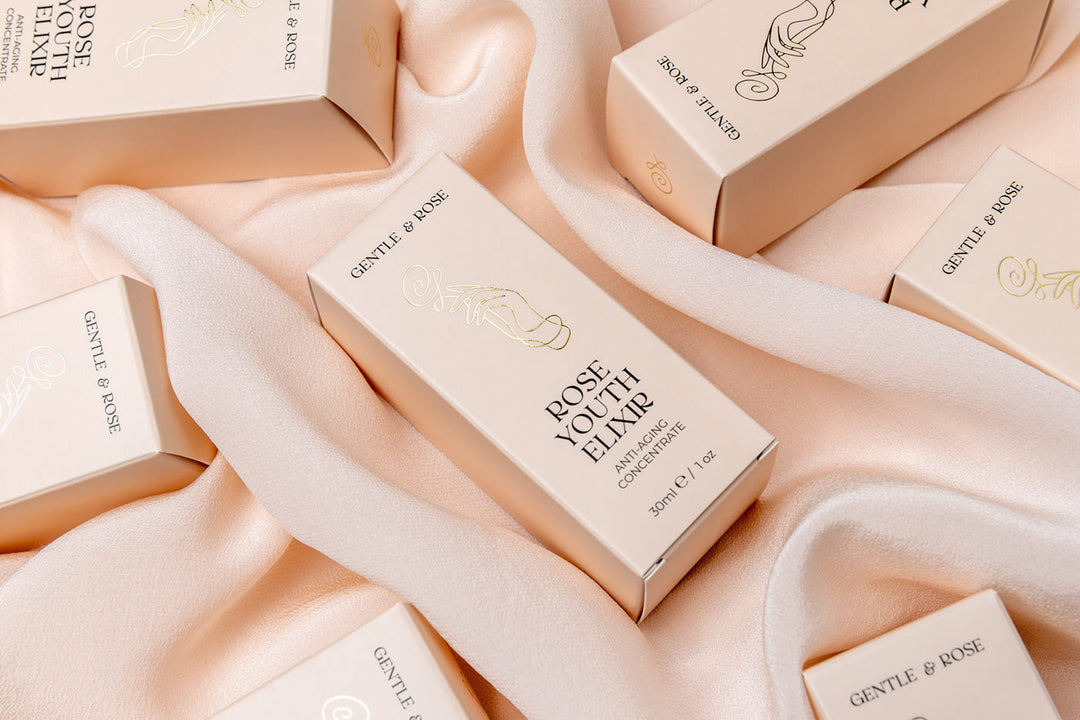8 Skincare Questions and Their Answers

Let’s face it: Skincare can be pretty confusing sometimes.
If you’ve ever felt overwhelmed about how to care for your skin, you’re not alone.
Many people struggle with figuring out what they should and shouldn’t do to their skin. When it comes to skincare, there’s a lot to learn – and we’re here to help.
We’ve compiled a list of the most frequently asked skin care questions we’ve been asked so far.
✨ How long does it take to know if a skincare product is effective? ✨
We know that when you buy a new beauty product, you want it to work as fast as possible. We totally get it! Unfortunately, that's just not how our skin works.
The truth is, your skin takes time to react to any changes that you might make.
The skin renews itself every 30 days. When we’re older it can take a bit longer – around 45 days.
That is why it’s important to give your new skincare product at least one month to decide whether it’s working for you or not.
And for products that target the lower layers of your skin (meaning anti-ageing, purifying and natural products), it’s rather 2-3 months.
So when buying a new product, especially one that promotes long-term results rather than quick fixes, testing it for a week is not going to show you any result.

✨ Which cleanser should I use to clean the skin effectively? ✨
It’s true that there are many options when it comes to cleansers. But still, there is one thing you should truly be paying attention to and that is if the product is gentle enough for your skin.
This means no soap, no alcohol, no harsh chemicals. Ingredients like this will damage your skin and you might end up with reactive skin.
Dirt, makeup, and environmental toxins accumulate on your face throughout the day, that’s why cleaning your face twice a day is so important.
✨ What is the proper order to apply skincare? ✨
Typically, for morning skincare routine we recommend: cleanser, toner, serum, moisturiser and sunscreen.

✨ How do I find my skin type? ✨
Skin is classified in few categories, including normal, oily, dry, and sensitive.
Ideally, you should receive a skin analysis from a professional to asses skin type and any existing conditions.
Keep in mind that your skin type can change over time and can also be affected by factors such as hormones, medication, and diet.
To get a better idea of what your skin type might be, wash it gently and leave it product-free for several hours before examining it closely to observe different areas.
Paying attention to how it looks, feels and acts on a day-to-day basis, as well as how it reacts to different skincare products,
is crucial to finding a routine that will leave you feeling healthy, rejuvenated and vibrant for many years to come.

✨Do I need to apply SPF when it’s cloudy?✨
Even when it’s cloudy, you need to apply your SPF.
Even in the winter months, dangerous UV rays can still penetrate through clouds, and even windows,
making you vulnerable to harsh skin damage.
Sun damage can lead to dark spots, wrinkles and in some cases, skin cancer.
✨What should I apply first in my skincare routine, moisturiser or SPF? ✨
Moisturisers should be applied first in order for the moisturiser to penetrate into the skin before SPF application.
Also, SPF should always be the final step in your skincare routine as it is a thicker consistency, so it must not overshadow the thiner products.

✨What is the best method for maintaining balanced skin? ✨
Keeping a consistent skin care routine and avoiding harsh chemicals that can strip the skin and create more blemishes.
Additionally, a diet rich in fresh fruits, water and vegetables and low in preservatives is also important.
✨Can I mix my serums into my moisturiser?✨
This is not suggested for your skincare and the reason is quite simple. Your serums are meant to be applied before moisturiser because their molecular sizes are different.
Serums are a more fluid product with a smaller molecular size which allows it to penetrate deeper into your skin layers.
Moisturisers on the other hand have a larger molecular size, which means they sit on the top layer of skin.





Leave a comment